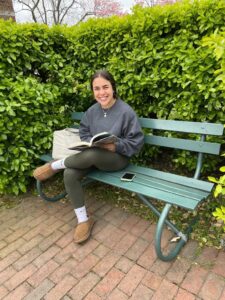This course is an immersive experience in Term 4 (January to early February), including travel to Tanzania, East Africa.
This course immerses George School students in Tanzanian culture, society, and nature by having them work collaboratively on inquiry-based, interdisciplinary projects with their student-peers from The Pamoja School located in the Maasai lands of West Kilimanjaro, Tanzania for part of their international journey. Students engage in the vibrant cultures of West Kilimanjaro’s Maasai tribe and stay in a traditional Maasai village, sleeping in bungalows built of earth and clay. Students are guided by local Maasai tribesmen on walking safaris to search for wildlife and learn how local plants are traditionally used by the Maasai for medicinal and functional purposes. Students also visit the Hadzabe – one of the oldest hunter-gatherer tribes in Africa – and have the unique opportunity to hunt with the men, practice bow and arrow skills, and walk with the women to gather wild plants, roots and fruits. Additionally, students visit the Datoga Tribe, who are pastoralists that live off their livestock and are skilled blacksmiths.
The second portion of the international experience focuses on Wildlife Ecology. Students have the opportunity to learn about the unique wildlife of East Africa and the conservation efforts underway to protect said wildlife while exploring the wilds of Serengeti National Park, Ngorongoro Conservation Area, Tarangire National Park, and Lake Manyara National Park. These areas boast the highest concentrations of elephants, lions, leopards, cheetahs, giraffes, zebra, and wildebeests on the planet. Students stay in or near the parks in tented camps or lodges surrounded by local flora and fauna. Students will record their wildlife observations in a detailed field journal and have nightly reflections around the campfire to discuss what they learned during the day’s activities.
While at George School, students have classes that will prepare them for their cultural and wildlife experiences while in Tanzania. This course requires students to hike outside for several miles on uneven terrain.
Students earn 1 credit in science, 1 credit in history, and fulfill their service requirement. IB diploma candidates will be able to use this experience for their Creativity, Activity, and Service (CAS) project. This immersion-term course is cross-listed as HIS990U (history) and SCI990U (science). A travel-abroad course, it requires parental consent.
(This course will not be offered in 2024-25.)
Min-Max Credit Hours: 2.0-2.0





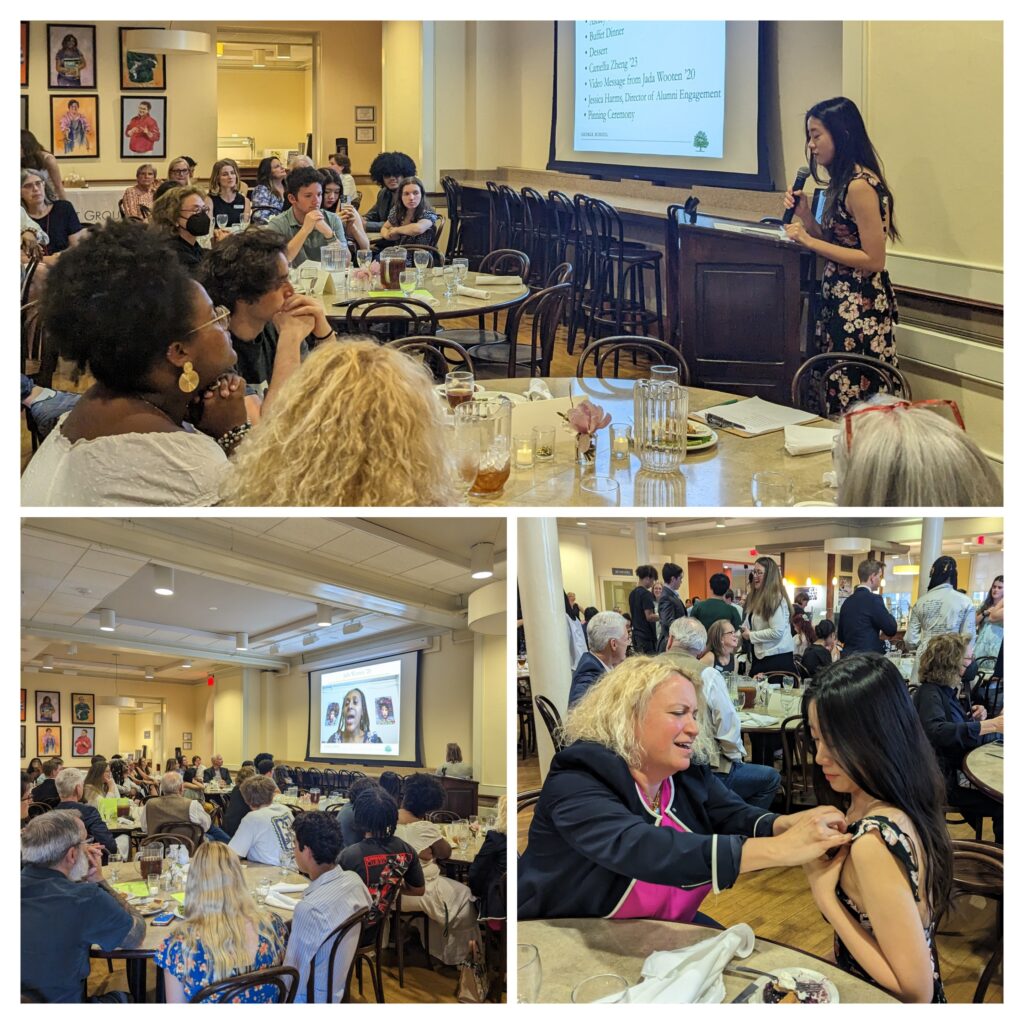

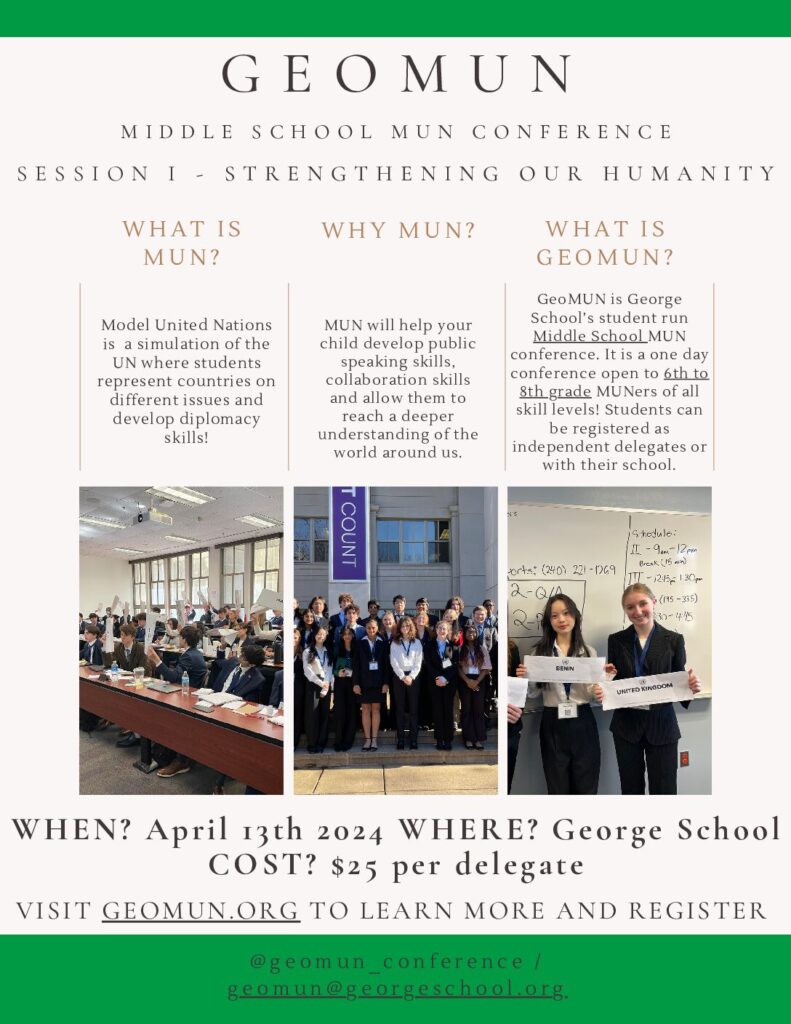


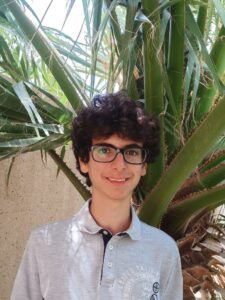 Monastir, Tunisia, and Amman, Jordan
Monastir, Tunisia, and Amman, Jordan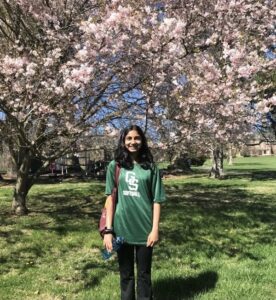 Irvine, CA
Irvine, CA Feasterville-Trevose, PA
Feasterville-Trevose, PA New Hope, PA (Previously NYC)
New Hope, PA (Previously NYC)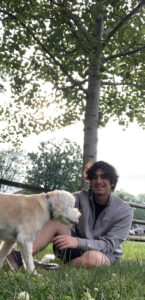 Richboro, PA
Richboro, PA Englewood, NJ
Englewood, NJ Ningbo, Zhejiang, China
Ningbo, Zhejiang, China Willingboro, NJ
Willingboro, NJ Yardley, PA
Yardley, PA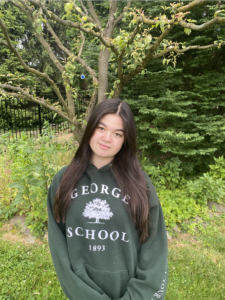 Newtown, PA
Newtown, PA Holicong, PA
Holicong, PA Newtown, PA
Newtown, PA Hamilton, NJ
Hamilton, NJ Yardley, PA
Yardley, PA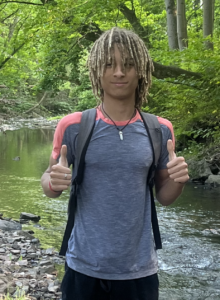 Lambertville, NJ
Lambertville, NJ Chongqing, China
Chongqing, China Pennington, NJ
Pennington, NJ Yardley, PA
Yardley, PA Bensalem, PA
Bensalem, PA Borgota, Colombia
Borgota, Colombia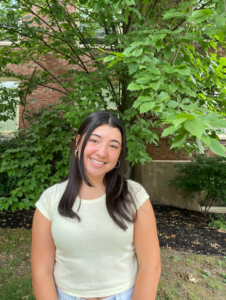 Newtown, PA
Newtown, PA Burlington, NJ
Burlington, NJ Langhorne, PA
Langhorne, PA Princeton, NJ
Princeton, NJ Langhorne, PA
Langhorne, PA New York City, NY
New York City, NY New Hope, PA
New Hope, PA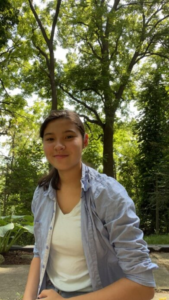 St. Catharines, Ontario, Canada
St. Catharines, Ontario, Canada Providenciales, Turks and Caicos Islands
Providenciales, Turks and Caicos Islands Willingboro, NJ
Willingboro, NJ Princeton, NJ
Princeton, NJ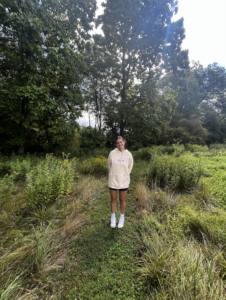
 Newark, NJ
Newark, NJ Trenton, NJ
Trenton, NJ Newtown, PA
Newtown, PA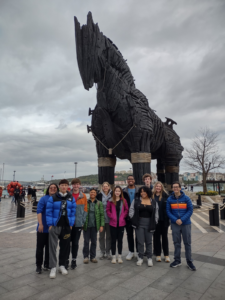
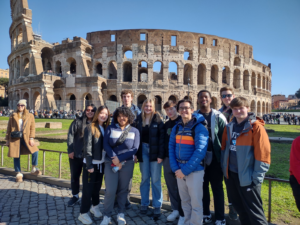
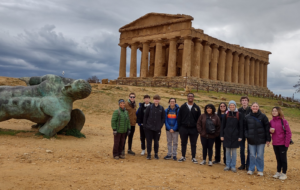
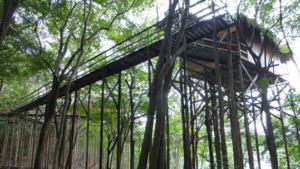
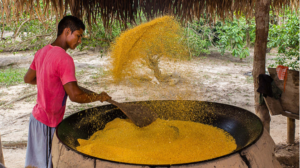
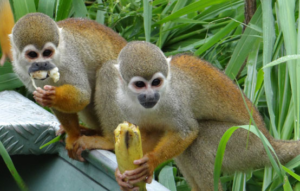
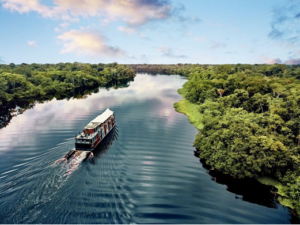
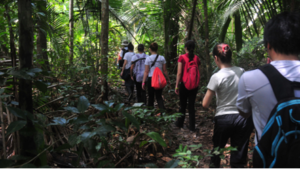
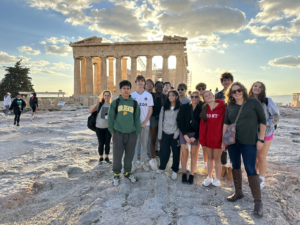
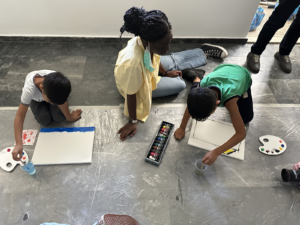
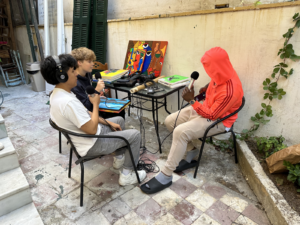
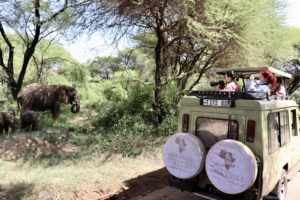
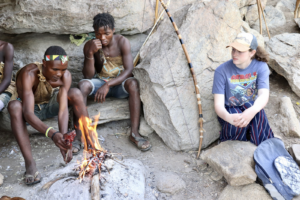
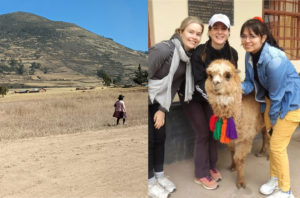
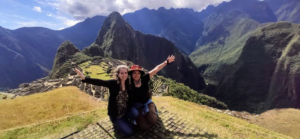
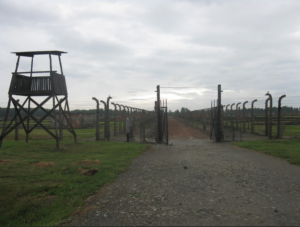
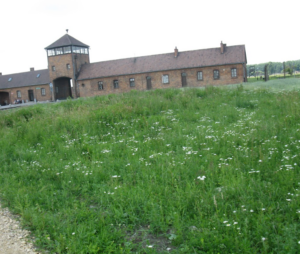
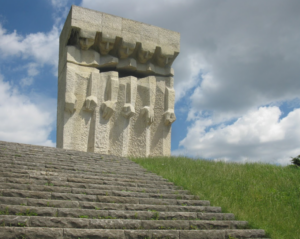
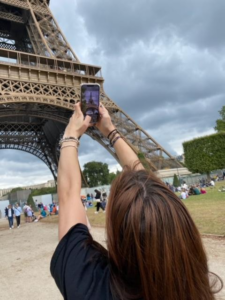
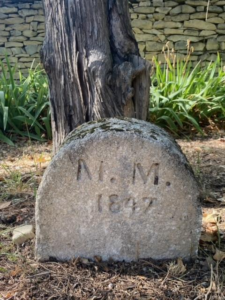
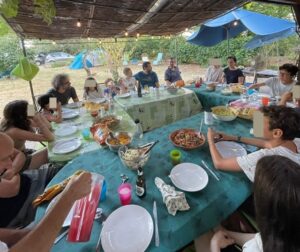
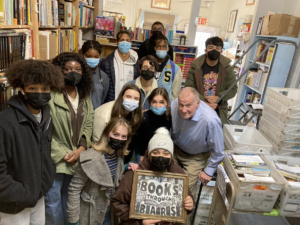

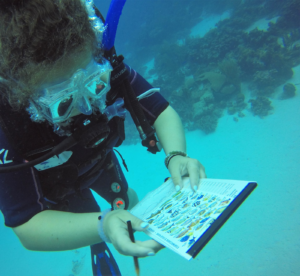
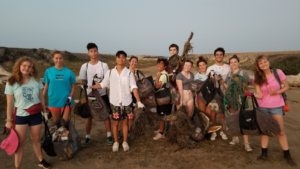
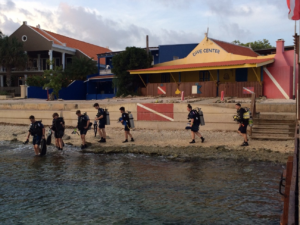
 Lawrence, NJ
Lawrence, NJ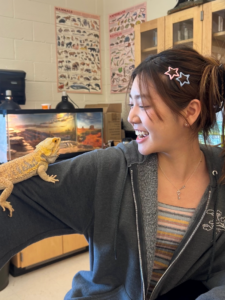 Seoul, South Korea
Seoul, South Korea
 Milwaukee, Wisconsin
Milwaukee, Wisconsin Pennington, NJ
Pennington, NJ Jenkintown, PA
Jenkintown, PA Ottsville, PA
Ottsville, PA Yardley, PA
Yardley, PA Providenciales, Turks and Caicos Islands
Providenciales, Turks and Caicos Islands Hopewell, NJ
Hopewell, NJ
 Pottstown, PA
Pottstown, PA Playa del Carmen, Quintana Roo, México
Playa del Carmen, Quintana Roo, México Shanghai, China
Shanghai, China Beijing, China
Beijing, China Yardley, PA
Yardley, PA Beijing, China
Beijing, China Holland, PA
Holland, PA Langhorne, PA
Langhorne, PA Ringoes, NJ
Ringoes, NJ New Hope, PA
New Hope, PA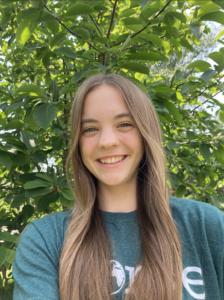 Dreshner, PA
Dreshner, PA Yardley, PA
Yardley, PA Yardley, PA
Yardley, PA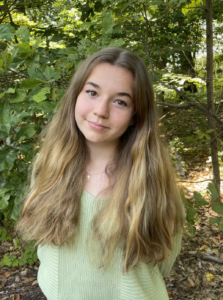 PA
PA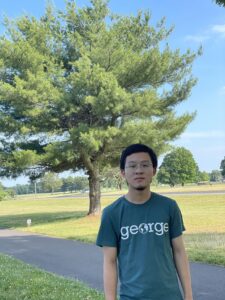


 Xi’an, China
Xi’an, China
